Yvonne SilkMandarin
Have you ever noticed your Chinese friends give a side-eye to the number 4, but light-up like a lantern to the number 8? Have you ever wondered why in many Chinese buildings, the 4th floor is missing? Missing numbers = construction error…nope, quite the opposite! In fact, chinese numbers is where fengshui meets superstition meets tradition!
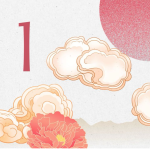
Unlike in some cultures where numbers are just, well, numbers, Chinese culture adds a layer of meaning. This is where things get interesting – and sometimes a little bit dramatic…Chinese culture deeply values numerology due to a combination of language, history, philosophy, superstition, and social psychology:
The idea is that if a number sounds like a positive word, it brings good luck. If it sounds like something negative (like death or suffering), people will avoid it like a bad WiFi connection.
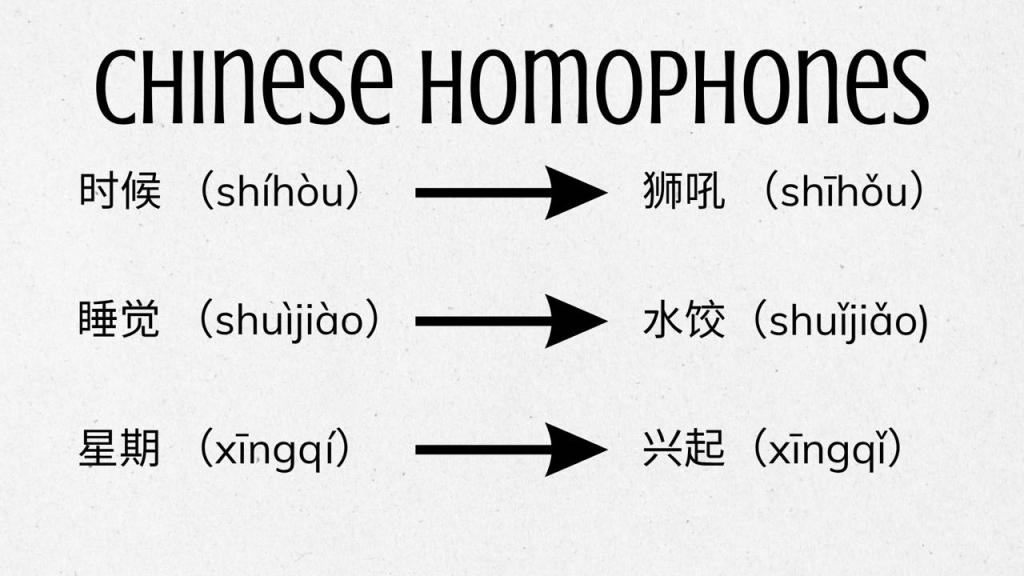
For example, the number 10 (十) sounds very similar to 是 (shì), which translates to “yes.” There’s only a slight difference in tonal delivery…very stressful right? Mandarin Chinese is a tonal language with a limited set of syllables, so many words sound similar to each other! As Mandarin evolved, Chinese people began associating numbers with the words they sound most similar to: creating a interesting “pairing system” – like identical twins, but two very different people.
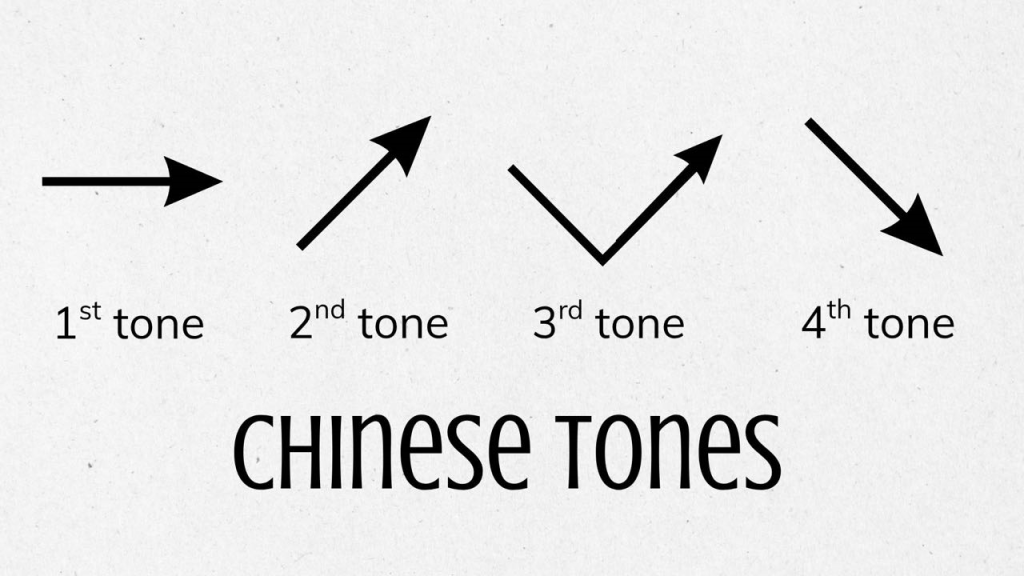
This love of auspicious wordplay in Mandarin language is part of a subtle symbolism to represent Chinese daily life.
I’ll explain it further with some interesting examples later.
Traditional Chinese beliefs like fengshui (风水/fēng shuǐ), the ancient art of harmonizing one’s environment link the same ideologies with Bazi (八字 / bāzì), a form of numerology based on birth dates and destined life paths.
These two ideologies are considered complementary and part of the Chinese culture. Like peanut butter and jelly (PB&J). They assign specific energies or qualities to numbers. Think of it like “vibes” and “aura” of the character (字/zi), apart of the meaning, and tonal delivery. “What vibes would this word give off?”
These beliefs mesh together into influencing Chinese life decisions such as architecture, business intiative, and even planning weddings or funerals dates must be set on a good date. For example, a lot of Chinese people get married or engaged in China on May 20th because it is a date of harmony and the numbers (五二零 – sounds like “我爱你 / wǒ ài nǐ”, which translates to “I love you”.) or change their name based on their bazi (八字/ bā zì) to encourage more prosperity and success in life.
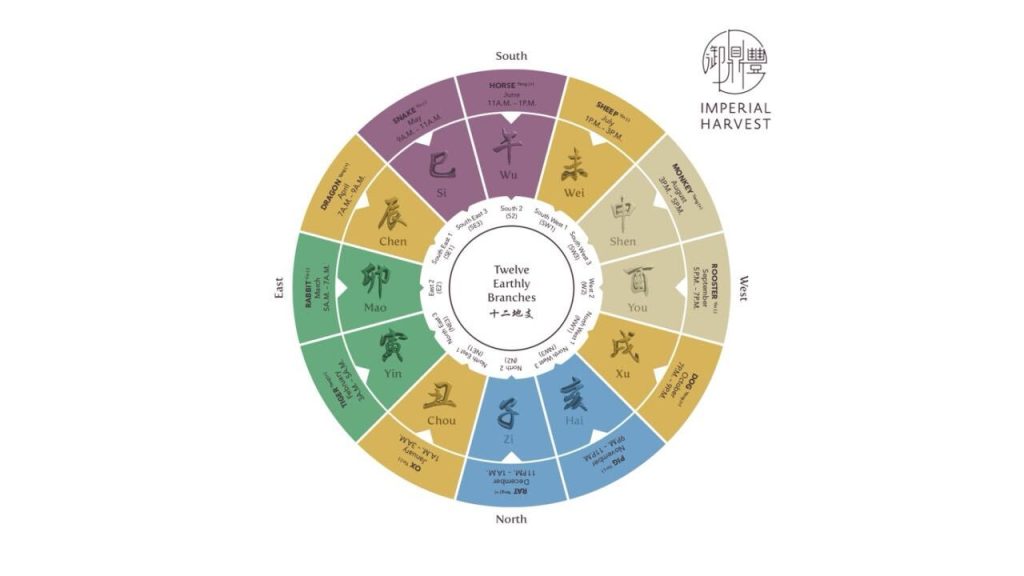
Bazi (八字)Chart_Picture from Imperial Harvest
Even in Modern China, where technology and globalization are transforming daily life, number symbolism remains strong. Tradition plays a part in that “it’s always been x, therefore y” but its a part of the cultural superstitions that has blended into Chinese daily life.
So now that you have the context dough ready…its time to add your numerical toppings!
Let’s break it down together.
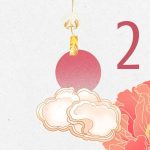
Ah, the holy grail of lucky numbers. 8 is THE rockstar. Why? Because it sounds like “发 (fā)”, which means to “get rich” or prosper.
In fact, the obsession is real. People in China will pay ridiculous amounts of money for license plates or phone numbers with lots of 8s. Even the Beijing Olympics started on 08/08/2008 at 8:08:08 PM – no joke!
Wanna be on auntie’s good side? Give them something with an 8 in it. Money in a red envelope (红包 / hóngbāo) ¥888 is the sweet spot.
In internet slang, “666” means “cool” or “awesome” – but even before it became meme-worthy, 6 was considered lucky because it sounds like “溜 (liù)”, meaning things go smoothly.
So if someone tells you your work is “六六六”, take it as a compliment. You’re crushing it!
9 is a sentimental favorite. It sounds like “久 (jiǔ)”, meaning “long-lasting”. That’s why it’s often used in weddings and romantic contexts. The number 9 can also be pronounced
as 酒 (jiǔ), which means “alcohol,” “liquor,” or “wine.” This is a clear example of a Chinese homophone!
Ever heard of someone giving 99 roses? Yup, it’s a romantic gesture meaning “I’ll love you forever.” (Not sure about 999, but hey, the more the merrier… if your wallet can handle it.)
During Imperial China, the Forbidden City was built based on numerology – e.g. 9,999 rooms to represent everlasting imperial power. Amazing right?!
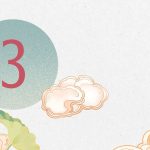
4 is super unlucky because it sounds like “死 (sǐ)”, meaning death. Some elevators in China skip the 4th floor, and even hotel room numbers like 104 might make someone feel uneasy. Buying a house with lots of 4s in the address? Better ask for a discount.
If you’re picking a phone number or car plate, avoid 4’s like you’d avoid spoilers for your favorite drama series.
7 isn’t always considered bad, but it does have… spooky undertones. The 7th month of the lunar calendar is known as the Ghost Month (鬼月 / guǐyuè), when spirits are said to roam freely.
That said, 7 can still be positive. For example, the number 7 (七 / qī ) can also sound like “to eat” (吃 / chī) there’s nothing better than eating good delicious food. In some other contexts (like relationships, it can symbolize togetherness), but when in doubt, maybe don’t use it for major life events like weddings or business deals.
Just when you thought you had it figured out, here’s a curveball — number combinations can completely change the meaning. Here are some cool and not-so-cool examples:
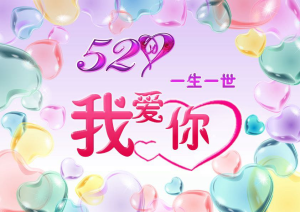
520 Celeboratory Card_Picture from the Internet
Because of these beliefs, Chinese number symbolism at its core is about a deeper cultural desire for harmony, fortunes and control in a world filled with uncertainties. It plays a pivotal role in how decisions are made and why they are made in China.
Now you are an expert! So when you travel to China or spend time with Chinese friends, you won’t be confused to why they dislike certain numbers and prefer the latter. It’s just a part of their culture and upbringing! Yes, numbers in Chinese culture are basically their own secret language!
Ready to test your skills? Next your Chinese friend(s) does something impressive, compliment them using 666. You’re definitely gonna get a happy reaction!
I hope this article helps you to understand the cultural nuances of numerology with Chinese culture.
We use cookies to improve your experience on our site. By using our site, you consent to cookies.
Websites store cookies to enhance functionality and personalise your experience. You can manage your preferences, but blocking some cookies may impact site performance and services.
Essential cookies enable basic functions and are necessary for the proper function of the website.
Statistics cookies collect information anonymously. This information helps us understand how visitors use our website.
Google Analytics is a powerful tool that tracks and analyzes website traffic for informed marketing decisions.
Service URL: policies.google.com
Clarity is a web analytics service that tracks and reports website traffic.
Service URL: clarity.microsoft.com
SourceBuster is used by WooCommerce for order attribution based on user source.
You can find more information in our Privacy Policy and Privacy Policy.